A divided three-judge panel of the U.S. Court of Appeals for the District of Columbia on April 7 upheld the U.S. Department of Justice’s novel use of a felony evidence-tampering statute against Jan. 6 criminal-case defendants.
The appeals judges issued a broad interpretation of the crime of “obstruction” that is almost certain to be appealed to the U.S. Supreme Court.
Judge Florence Pan, appointed by President Joe Biden, and Judge Justin R. Walker, appointed by President Donald Trump, voted to reverse the 2022 rulings by U.S. District Judge Carl Nichols dismissing obstruction charges against three Jan. 6 defendants.
Pan and Walker adopted the broad reading of the obstruction statute advanced by the DOJ.
Judge Gregory Katsas, a Trump appointee, dissented. Katsas warned that the interpretation advanced by the majority would, for example, expose protesters standing outside a judge’s home to 20 years in federal prison.
Brushing aside the statute’s history stemming from evidence tampering in the Enron scandal, the majority said the law applies to any effort to obstruct an “official proceeding,” including the ceremonial tallying of Electoral College votes by the U.S. Congress.
Frequently Used Charge
The obstruction statute is the most frequently used felony charge against Jan. 6 defendants. The DOJ has charged hundreds of people with obstruction of Congress because the protests and rioting that took place on Jan. 6 delayed the counting of Electoral College votes by some six hours.
Defense attorneys have watched this case with intense interest. Many argue that the federal government is misusing an evidence-tampering law to punish constitutionally protected political speech and protests.
In rulings on March 7, March 17, and June 7, 2022, Judge Nichols threw out the obstruction charges against Joseph W. Fischer of Jonestown, Pennsylvania; Garret A. Miller of Richardson, Texas; and Edward “Jake” Lang of Newburgh, N.Y. The DOJ appealed the decisions.
Nichols ruled that federal law under 18 § U.S.C. 1512(c) does not apply to the conduct of the defendants because the statute was intended by Congress to have a narrow, limited focus related to the destruction of documents. It’s part of a section of the U.S. Code titled “Tampering with a witness, victim, or an informant.”
Appeals Judges Pan and Walker disagreed, adopting a sweeping interpretation that the law includes evidence tampering and “all acts that obstruct, influence, or impede any official proceeding or attempt to do so.”
The subsection of 18 § U.S.C. used widely by prosecutors against Jan. 6 defendants was approved by Congress as part of the Sarbanes–Oxley Act of 2002, to close a loophole in the law that was discovered in the wake of the Enron corporate fraud and accounting scandal.
Writing for the majority, Pan rapped as “dubious” Judge Nichols’s “cramped, document-focused interpretation” of the law.
“We must accept, and think it far more likely, that Congress said what it meant and meant what it said: Section 1512(c)(2) prohibits all acts that obstruct, influence, or impede any official proceeding or attempt to do so, beyond the document or object-related acts that are already covered by § 1512(c)(1),” Pan wrote.
She said the law does have “guardrails” because the obstruction “must be accompanied by ‘corrupt’ intent; and the behavior must target an ‘official proceeding.’”
In a forceful dissent, Judge Katsas wrote that using the obstruction statute as envisioned by his two colleagues would “supercharge a range of minor advocacy, lobbying, and protest offenses into 20-year felonies.”
“Section 1512(c)(2) has been on the books for two decades and charged in thousands of cases—yet until the prosecutions arising from the January 6 riot, it was uniformly treated as an evidence-impairment crime,” Katsas wrote. “This settled understanding is a ‘powerful indication’ against the government’s novel position.”
Katsas warned that accepting the DOJ’s position could bring the “harsh penalties of obstruction-of-justice law to new realms of advocacy, protest, and lobbying.”
“It seems to me a stretch to say that the government’s interpretation is not only the best but so much better than the others that we can declare it unambiguously correct and call it a day without completing a full-blown statutory analysis,” Katsas said.
“The conduct alleged here violates many criminal statutes, but section 1512(c) is not among them,” Katsas wrote.

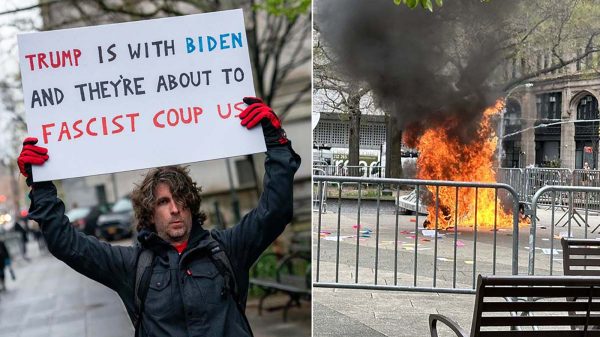
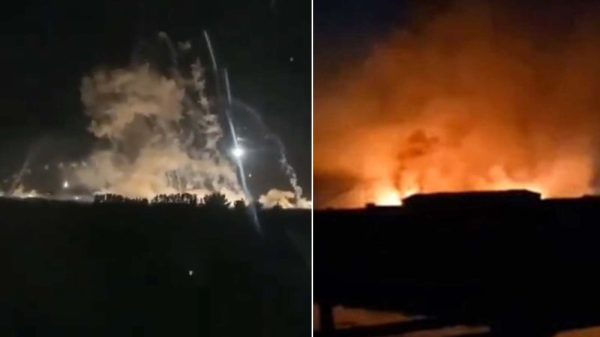
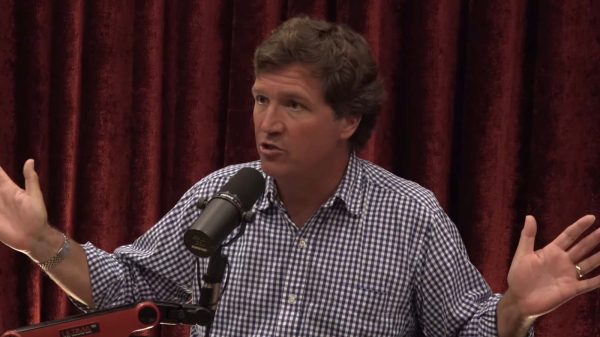
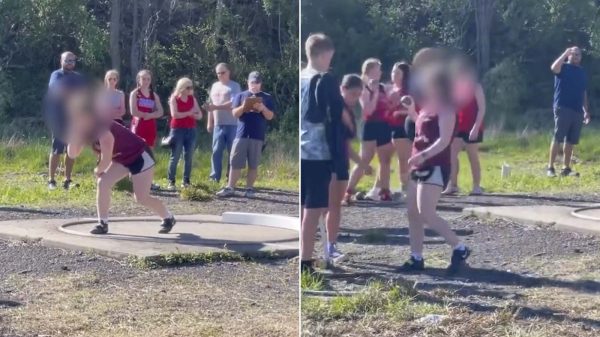
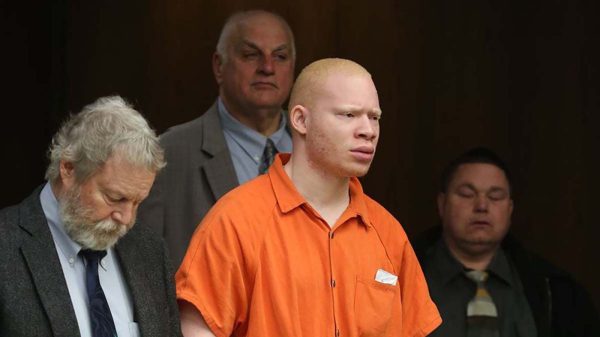
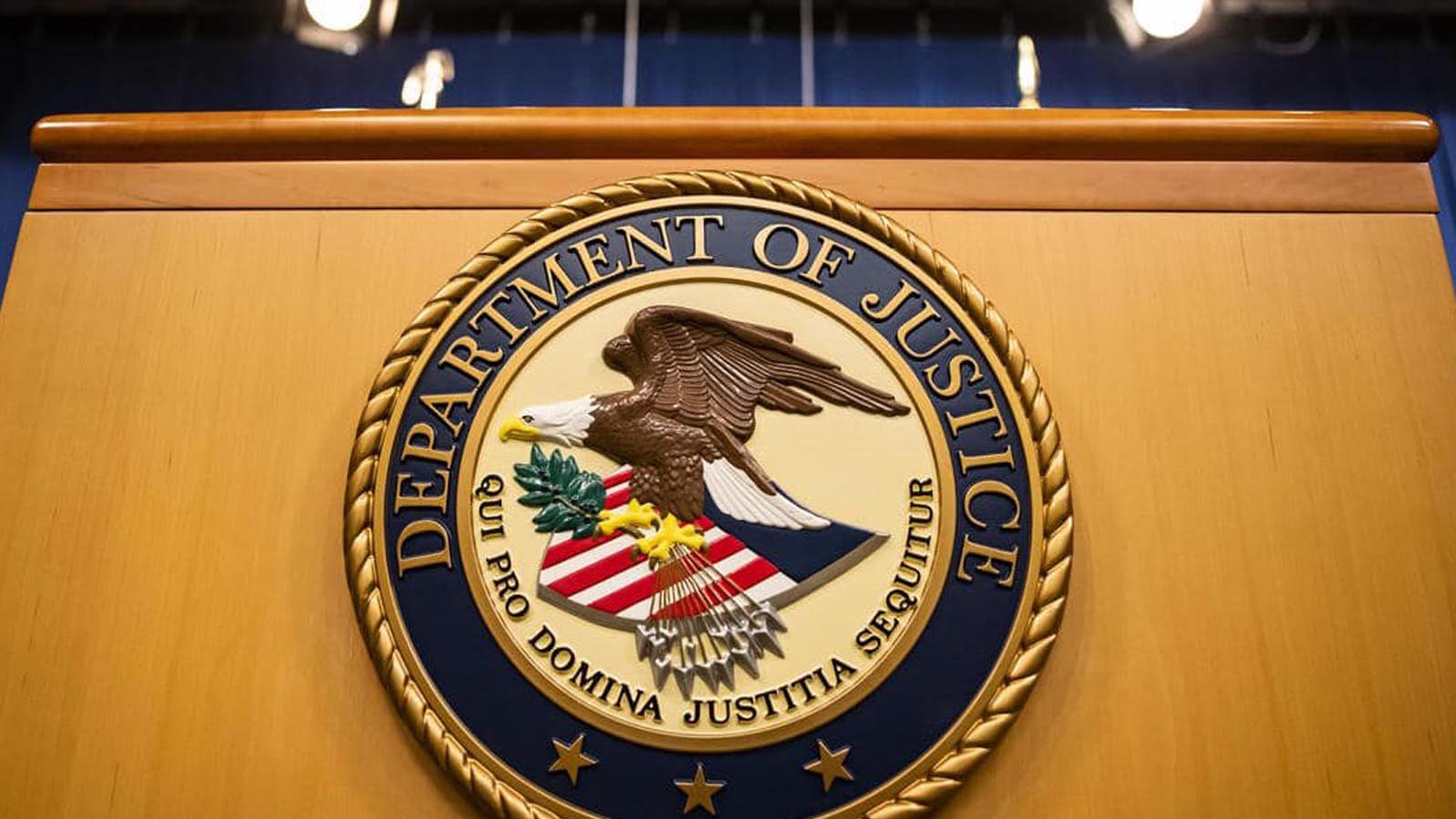








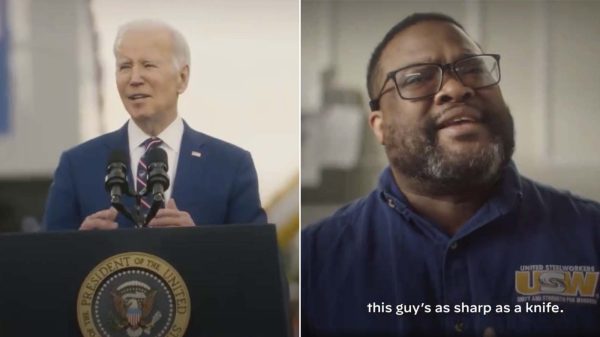
So, start using this charge on those that rioted at various state legislative houses last week. Begin with the three Democrats from Tennessee.
So if these evil prosecutors are manipulating some obscure law to support their prosecution of innocent j6 attendees, why can’t the defense lawyers use the same interpretation of this law for their defendants. And use their law against the 40+ Pelosi FBI, DHS,,, + implant employees who were the actual violent j6 instigators? And when will Pelosi, Schumer & the rest be charged with the j6 murders?
Justice through the court system is dead.
Needing another Nurenburg Trial for All the commies
Time to hold every demonic three lettered luciferian Democrat corrupted agency to a massive real Insurrection they deserve for oppressing the truth and our constitutional rights and laws that were violated by these domestic terrorists these filthy vile pigs and Antichrist gestapo Nazis have outlived their purpose they don’t need to be this band they need to be forcibly removed they are committing war crimes against American people enough is enough